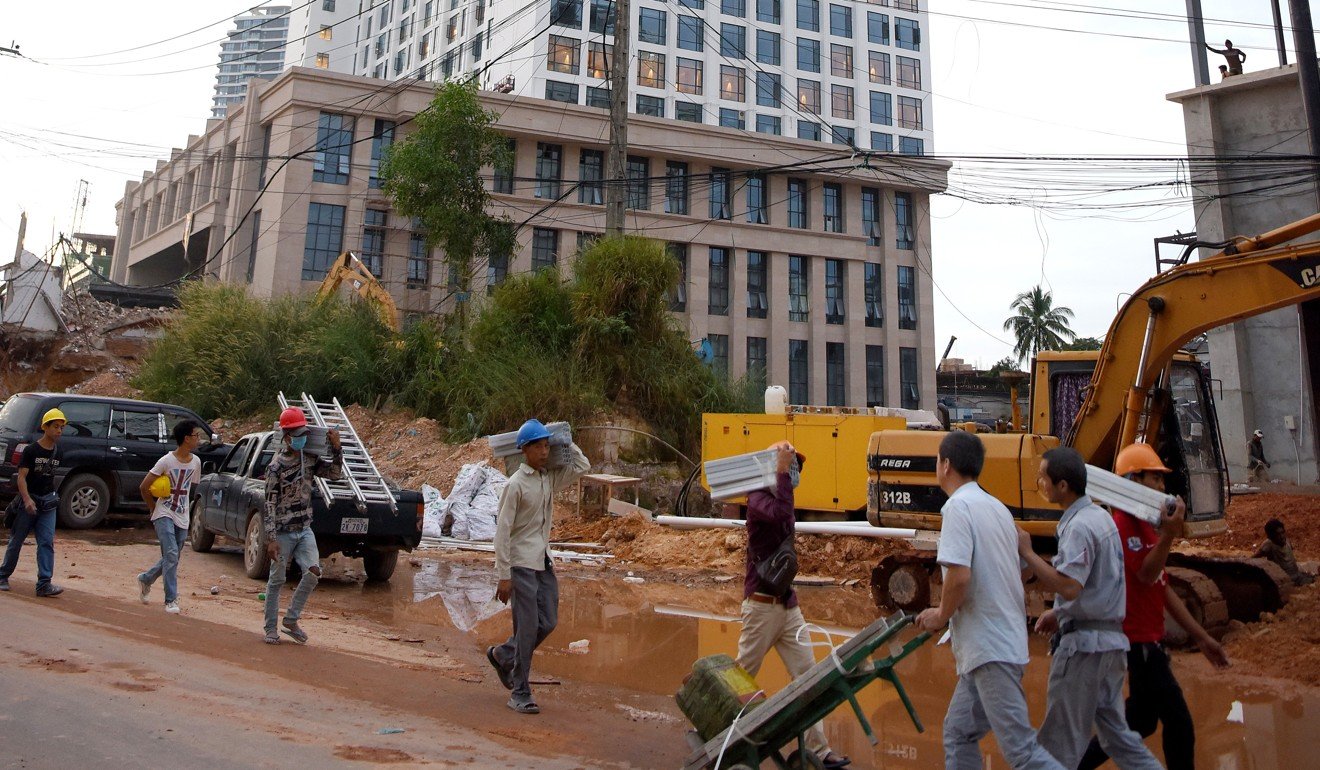
US using trade war to stop China overtaking it: ex-Singapore diplomat Kishore Mahbubani
- Kishore Mahbubani says the US could have solved its trade dispute with China if it wanted to, but it is now a ‘geopolitical contest’
- China’s Belt and Road Initiative was a ‘pre-emptive strike’ against the US and current world order
Hong Kong’s socio-economic problems can be solved: Kishore Mahbubani
“[The US’] goal may be in stopping China from becoming the number one economy in the world … So I think it’s much larger than just a trade. It’s now a geopolitical contest,” Mahbubani said.
Trump’s antics used to rattle China, but time is now on Beijing’s side
The US is targeting Chinese goods such as televisions, smartwatches, shoes and clothes. Meanwhile, China is hitting US crude oil for the first time and US pork for the third time, raising total tariffs on imports of its favourite meat to 72 per cent.
“What China has done is to launch a pre-emptive strike against the [US] containment policy, by making the neighbours of China dependent on the Chinese economy in the trade and investment front,” said Mahbubani, during a visit to Hong Kong where he held a talk on his book, Has the West Lost It?
“The BRI will tie the neighbours of China much closer to the Chinese economy, they’ll benefit from China’s growth, and therefore, they will not join a containment policy against China.”

Beijing’s BRI project has long faced international scrutiny, with critics saying it serves China’s political agenda to take hegemonic power from the US, while also accusing it of putting participating countries in a debt trap.
Those taking part in the initiative have also faced heavy criticism – both internal and external – for accommodating China’s project to legitimise its geopolitical ambition globally, which sceptics claim could ultimately lead to the West’s sphere of influence diminishing.
But Mahbubani stressed that China’s BRI project also serves economic motives – not just Beijing’s political imperatives.
“China has developed a surplus capability in infrastructure development, and it can deploy that to the rest of the world. Countries in Asia need more infrastructure anyway so they’ll benefit … There is definitely an economic imperative,” Mahbubani said.
Trump’s biggest mistake: not realising China will never genuflect again
“I take the view as a student of history that the term benevolent great power is an oxymoron. All great powers will defend their own interests. And all great powers will use their power and influence to advance their interests,” Mahbubani said.
“The world is better off if great powers use economic means rather than military means to enhance their interests,” Mahbubani said.

